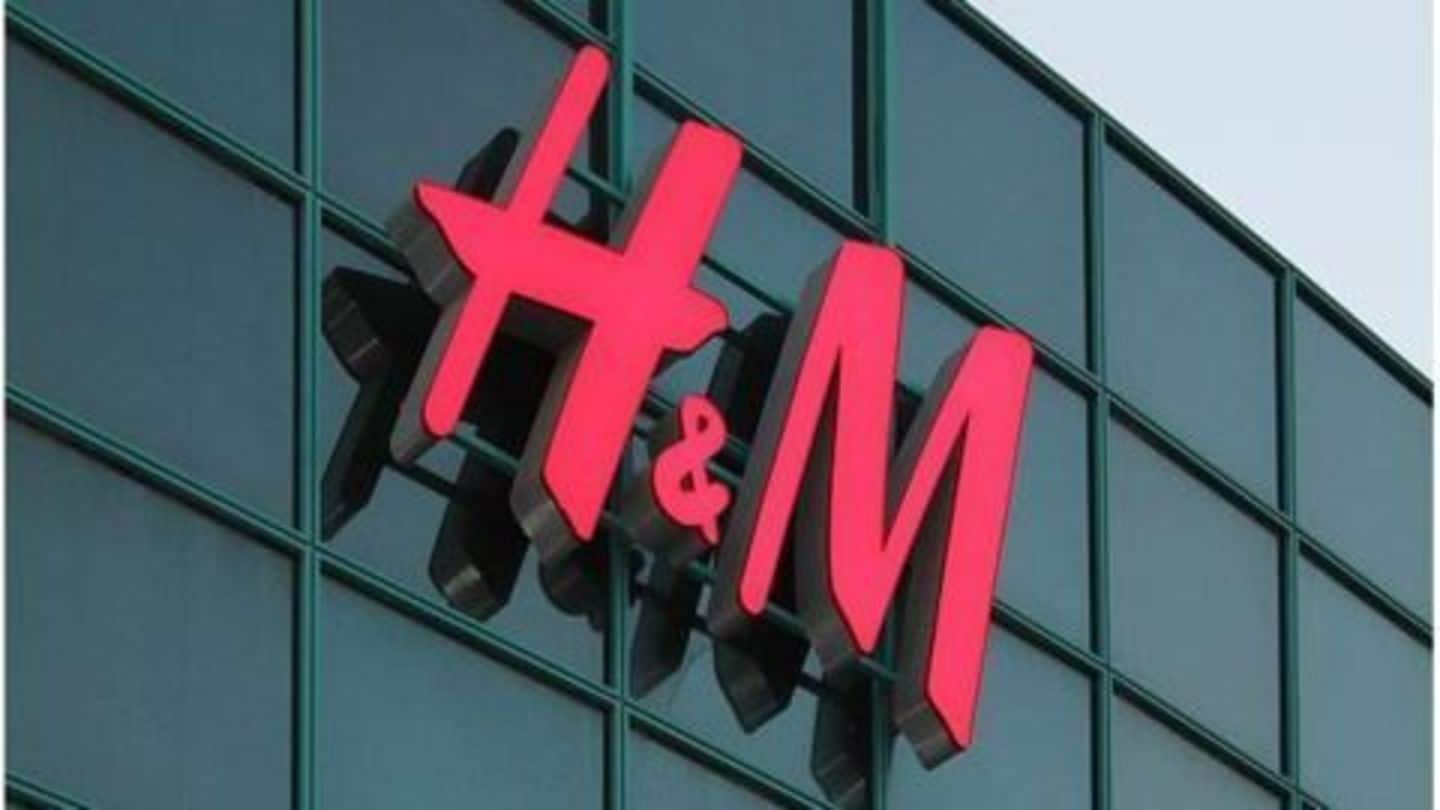
Child labour rampant in H&M factories in Myanmar
What's the story
A new book "Modeslavar" or fashion-slaves, set to release in Sweden next week, claims that the factories in Myanmar under contract with H&M hired employees as young as 14. They work for more than 12 hours for the lowest minimum wage in the world, about $3 per day. The authors interviewed 15-year-old girls working for Myanmar Century Liaoyuan Knitted Wear and Myanmar Garment Wedge.
Definition
International Labor Organization's standards
Minimum Age Convention, 1973 sets the minimum age for employment at 15 years (13 for light work) and 18 for hazardous work (16 under strict conditions). It allows setting of minimum age at 14 (12 for light work) where the economy is insufficiently developed.
Economic Growth
EU funded smart Myanmar
EU's scheme helps in raising manufacturing standards while nurturing social and environmental conditions in Myanmar. Boosting garment production can generate a lot of revenue, create job opportunities and improve the people's living standards uplifting Myanmar's economy. EU is keen on ensuring the quality of the products to ensure Myanmar products can meet EU standards. It also emphasizes on environment protection and reducing employer-employee conflicts.
Challenges
Child labour in Myanmar's garment industry
Widespread poverty, low rates of secondary-schooling and tax labour law enforcement are causing proliferation of child labour in Myanmar's garment industry. Research suggests that child labour is common among families requiring an additional income and workers below legal minimum age 14 are prevalent in many sectors. They work for the same hours as adults because laws regulating working hours and conditions are not enforced.
Details
Oxfam's "Made in Myanmar" report
According to reports, workers do not earn enough money to cover basic living costs, despite working long hours. 43% said they went into debt to support themselves. The briefing stated that one in four workers was doing forced overtime and several reported doing unpaid-overtime. Oxfam requested international businesses to ensure paying of fair wages and to set delivery times that wouldn't require excessive overtime.
Reaction
H&M's statement
H&M said it had taken action with both factories over ID-cards and overtime after it was revealed that 14-17 year olds had been working long hours since 2013. According to international labour laws, when 14-18 year olds are working, it is not an instance of child labour. However, H&M does not tolerate any form of child labor as they ensure safe working conditions.
Response
What other retailers have to say
Marks & Spencer said its suppliers were only allowed to employ over-18s. It works with three factories in Myanmar. New Look and Primark said their workers had to be over 16 which is thoroughly ensured through regular visits and other measures. Tesco said that it did not allow child labour. They all said they do not use the factories highlighted by "Modeslavar".